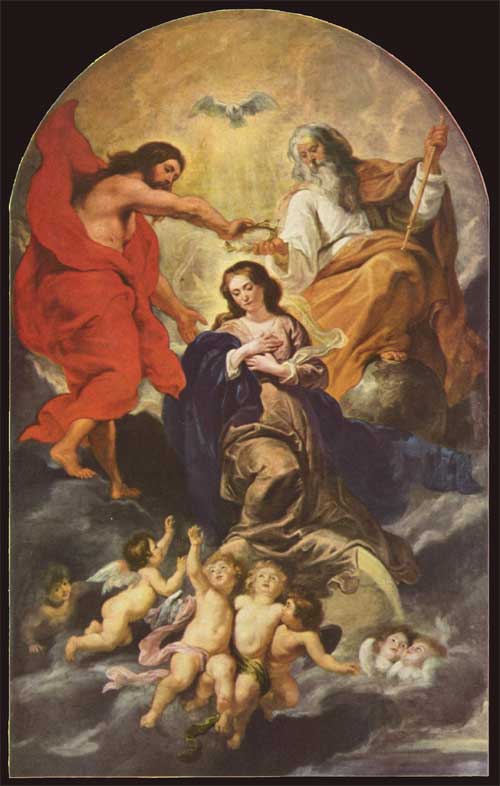Podcast: Play in new window | Download (Duration: 27:55 — 19.2MB) | Embed
Subscribe: Apple Podcasts | Spotify | Amazon Music | Android | Pandora | iHeartRadio | JioSaavn | Podchaser | Gaana | Podcast Index | Email | TuneIn | Deezer | Anghami | RSS | More
SPECIAL ENCORE
Join Msgr. John Esseff as he reflects on his experiences with Mother Teresa on the eve of her canonization! Several of the stories he has not shared on any of his previous programs.
Rather than be “admirers” of Mother Teresa, Msgr. Esseff asks all of us to pray to become “imitators” of this little one of God’s children who has now become one of His great saints!
Carrier of God’s Tender Love and Mercy
Lord Jesus, merciful Face of the Father, you came to give us the Good News of the Father’s mercy and tenderness.
We thank you for the gift of our dearest Mother, Blessed Teresa of Calcutta, who will be canonized in this Jubilee Year of Mercy. You chose her to be your presence, your love and compassion to the brokenhearted, the unwanted, the abandoned and the dying. She responded wholeheartedly to your cry, ‘I Thirst,’ by the holiness of her life and humble works of love to the poorest of the poor.
We pray, through her intercession, for the grace to experience your merciful love and share it in our own families, communities and with all our suffering brothers and sisters. Help us to give our “hearts to love and hands to serve” after the example of Mother Teresa. Lord Jesus, bless every member of our family, our parish, our diocese, our country, especially those most in need, that we all may be transformed by your merciful love. Amen.
Text © Mother Teresa Center of the Missionaries of Charity
Msgr. John A. Esseff is a Roman Catholic priest in the Diocese of Scranton. Msgr. Esseff served as a retreat director and confessor to Saint Teresa of Calcutta. He continues to offer direction and retreats for the sisters of the Missionaries of Charity. Msgr. Esseff encountered St. Padre Pio, who would become a spiritual father to him. He has lived in areas around the world, serving in the Pontifical missions, a Catholic organization established by Pope St. John Paul II to bring the Good News to the world, especially to the poor. He continues to serve as a retreat leader and director to bishops, priests and sisters and seminarians, and other religious leaders.



 The
The Chapter 19: The Thirst of the Soul – The Way of Perfection by St. Teresa of Avila – Beginning to Pray with Dr. Anthony Lilles
Chapter 19: The Thirst of the Soul – The Way of Perfection by St. Teresa of Avila – Beginning to Pray with Dr. Anthony Lilles

 Dr. Lilles discusses the “Living Water” as described by St. Teresa of Avila “The Way of Perfection.” We also discuss the nature of mystical prayer.
Dr. Lilles discusses the “Living Water” as described by St. Teresa of Avila “The Way of Perfection.” We also discuss the nature of mystical prayer.

